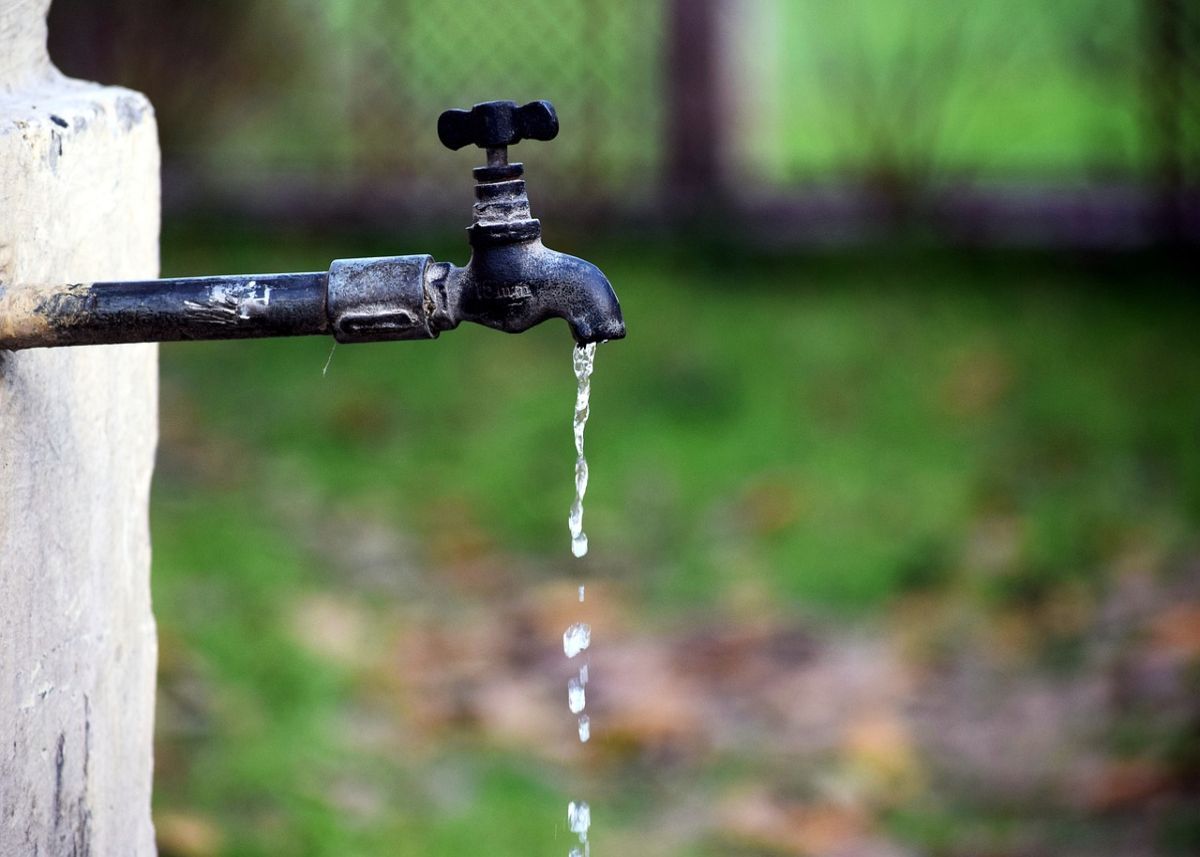The water throttling will take place between the hours of 21:00 to 04:00 so that reservoir levels can recover overnight.
Johannesburg has been experiencing a severe water crisis, with ongoing water supply challenges. This is due to population growth, illegal connections, and damaged and ageing infrastructure.
Water throttling is the practice of deliberately reducing water pressure in a supply system, often to manage water shortages, control usage, or prevent overuse.
This can be done by utility providers—in this case, Johannesburg Water—to conserve water when demand is high and supply is limited.
When water throttling is applied, residents and businesses may experience lower-than-usual water pressure, making it challenging to perform daily activities.
Throttling is a way for municipalities and water agencies to ensure that available water lasts longer, distributing it more evenly across a community without completely cutting off access.
Water throttling and water restrictions
Water pressure controls have been implemented in addition to level 1 water restrictions in Johannesburg—that took effect on 1 September.
These restrictions prohibit daytime use of hosepipes for gardening, car washing, driveway cleaning, and filling pools. These restrictions are set to remain in place until 31 March, 2025.
“The main underlying cause of the water supply disruptions in Johannesburg is that the peak demand for water is close to, and occasionally exceeds, the available supply from Rand Water,” said Water and Sanitation Minister, Pemmy Majodina, after an urgent meeting was convened at the weekend.
“The demand-supply relationship for treated water in Johannesburg is very tight and the system is vulnerable to disturbances caused by electromechanical breakdowns or spikes in demand caused by heatwaves.”
Majodina said that Rand Water is already abstracting water at its set limits from the Integrated Vaal River System.
Gauteng Premier Panyaza Lesufi joined the chorus from City officials, emphasising the urgent need for sustainable water management.
“We have to reduce the consumption of water at a faster pace,” Lesufi added. “If we cannot do that, the system will not be in a position to carry us for longer.”
A multipronged approach
The 2023 No Drop report from the Department of Water and Sanitation revealed that Johannesburg suffers from a high water loss rate of 35%—well above the global average of 15%.
Additionally, water consumption in Gauteng averages 279 litres per person per day, which is 60% higher than the world average.
While the Lesotho Highlands Water Project Phase II is expected to boost water availability by 2028, City officials stressed the need for careful management of water resources in the coming years.
Majodina said Johannesburg Water and City officials were looking at a multipronged approach, which includes:
- improving billing and revenue collection
- improving pressure management
- replacing ageing pipes
- installing water meters/ replacing dysfunctional bulk and customer water meters
- accurate leak detection
- cutting off illegal connections in key informal settlements
- increasing repair and maintenance teams, with a shorter turnaround time
Have you noticed a change in your water pressure?
Let us know by clicking on the comment tab below this article or emailing info@thesouthafrican.com or sending a WhatsApp to 060 011 021 1.
You can also follow @TheSAnews on X and The South African on Facebook for the latest news.
